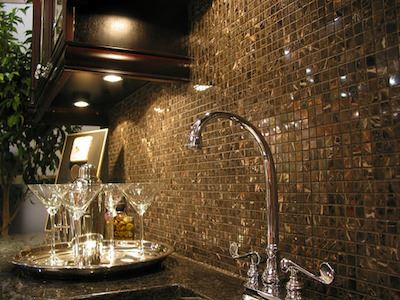Electricity is one of those things we take for granted. Flip a switch, and it’s there. Flip it again, and it goes away.
Electricity is a current that flows continually, much like a raging river. It’s always there, it’s up to the system within a home or building to control how it is delivered. And as we all know, too much can be dangerous, even deadly.
An electrical panel controls the flow of the electricity to ensure that the system is neither overloaded nor underpowered. Different buildings need different electrical loads; residential and commercial properties are not all the same. There are key differences between the two.
Wiring Type
In a residential home, thin, narrow wiring is encased in a plastic sheathing. This sheathing is used to protect both the wires and the surrounding areas because it’s usually more exposed to both people and the environment. It’s built into open spaces – your attic, your basement – where anyone has access to it.
In a commercial location, wiring is contained in tube-like conduits or in ceiling rafters for protection and ease of use. Because commercial locations change more often, the wiring is usually in areas where it is accessible to service.
Power
Residential and commercial buildings also require different loads of electricity. Residential buildings use single phase power, which consists of power delivered in 120 volts. It supplies it with the use of three wires: positive, negative, and neutral. For some more demanding appliances, such as refrigerators, dryers, or air conditioners, a two phase circuit of 240 volts is used.
In commercial applications, the wiring normally uses a three-phase design. This means there are two smaller legs using 120 volts and a third operating at 208 volts. This requires each leg to operate at a lower workload while supplying more energy to the final product. This leads to greater efficiency overall, and helps large commercial equipment last longer.
Because of this excess in demand, commercial wiring often has more insulation, known as thermoplastic high=heat resistant nylon coated (TTHT). This helps protect the electrical wiring from corrosive gases and liquids.
When hiring an electrician, it’s important to ensure that they understand the conditions they will be working with, whether it’s commercial or residential.
Have a question about your electrical installation?
To learn more about electrical installation or to schedule a consultation, call (470) 264-8128 or online today!

